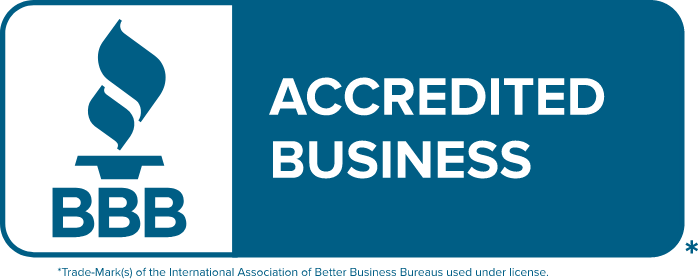How will you sell your products in a specific area without knowing the user requirements? In SEO, keywords are words or phrases that allow search engines to rank content and help users find relevant results for their queries. Thus, when searching “what are the popular Instagram hashtags?” Articles will appear for the keyword “Instagram hashtags”. We will see why keyword research is useful for SEO.
However, today search engines have transcended literalism and have become experts in detecting users’ search intention over the words they use to conduct their searches.
Thus, the search intent behind the keywords should dictate the type of content you create. If the search intent behind a group of keywords is informational, then writing a blog post would be ideal; On the other hand, if the search intention is transactional, developing a product or services page seems like a more appropriate scenario.
Be that as it may, when analyzing keywords to optimize your content, remember to consider the search intent behind them.
Why Keyword Research is Useful For SEO?
Keywords research is useful because it helps your brand rank and reaches out to users. It is necessary to know what users are searching to buy or see the products you’re selling? It isn’t easy to reach out to your relevant audience without research.
Let’s now see several of its functions and some tips so that you can implement them as soon as possible in your SEO strategy.
keyword types
The classification of keywords is not one. Since search algorithms began to be optimized, the way we understand and use keywords has evolved. This is why there are several criteria to group them, as search habits are transformed due to the integration of video, audio, and chat applications.
Either way, it is essential to know and use criteria to group keywords, so to help you, we show you the rankings according to the primary standards.
- By search intent.
- By extension of the word.
- Branded
- By concordance (not relevant for SEO but relevant for PPC)

By Search Intent

Search intent considers the idea and moment behind a searcher’s search. Is he looking for information? Is it pretty close to a buy? Does he want to go somewhere?
We most often identify four types of search intentions:
- I want to know.
- I want to do.
- I want to buy.
- I want to go.
Using keyword criteria based on search intent means that you will focus on people, their needs, and affections. Due to this, there may be a certain margin of error when analyzing, creating your strategy, and selecting your keywords. We recommend that you do a direct query on Google or Yahoo, for example, and review the results to determine if the type of keyword you are using is close to what users are typing.
With the help of these ideas, we understand the flow of users and search the keywords that will be useful for the SEO of our website. As it is the first step of SEO.
The keyword extension criterion ranges from a single word to an exact phrase of four or more words. Depending on the number of words they contain, they are classified into the following categories:
- The short tail represents the highest volume of user searches but provides less in terms of valuable information for marketing.
- Middle queue their search volume is relevant: they provide valuable, more specific information related to products or services. For example, “children’s video games” or “recreational mountaineering”.
- Long-tail keywords are the most targeted, although they are in last place compared to the previous ones’ search volume. However, due to their precision, it is possible to integrate them into an SEO strategy through valuable content (blog, videos, frequently asked questions, electronic books).
As you can see, there is a relationship between volume and search accuracy. The use of this classification criteria will help you balance your content strategy so that through it, you will generate the necessary organic traffic for your website.
By Extension of the Word

Branded

SEO marketing supports this classification criterion from the English term branded/not branded. It is very useful to know the results of the content strategy in terms of searches that include the name of a brand.
There are only two classifications based on this criterion:
- If the name of a brand appears, they have branded searches.
- If a particular brand name is not listed, they are known as unbranded searches.
Why should you be interested in knowing this? First, to demonstrate your brand’s presence in web queries; second, to find out to what extent customers associate a product with your brand: searching for a “software” is not the same as searching for an “Adobe software”.


